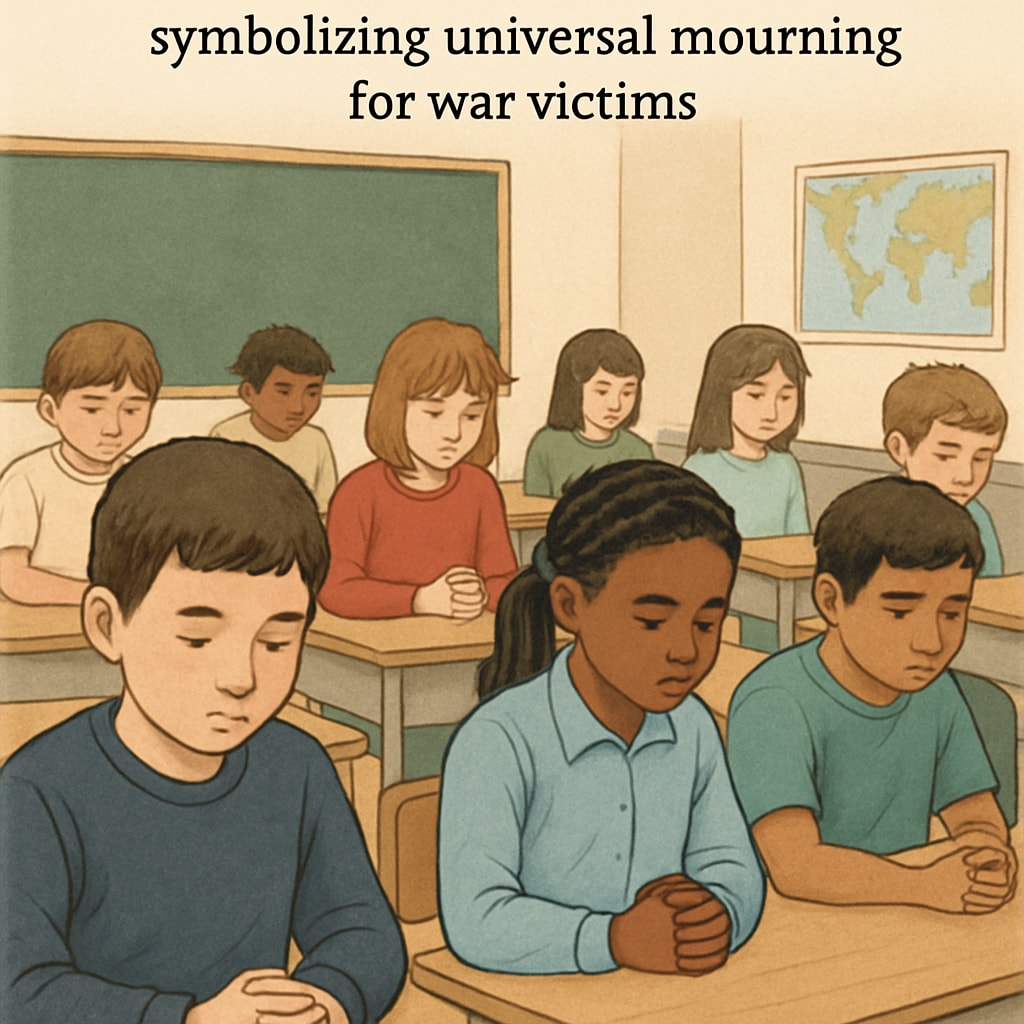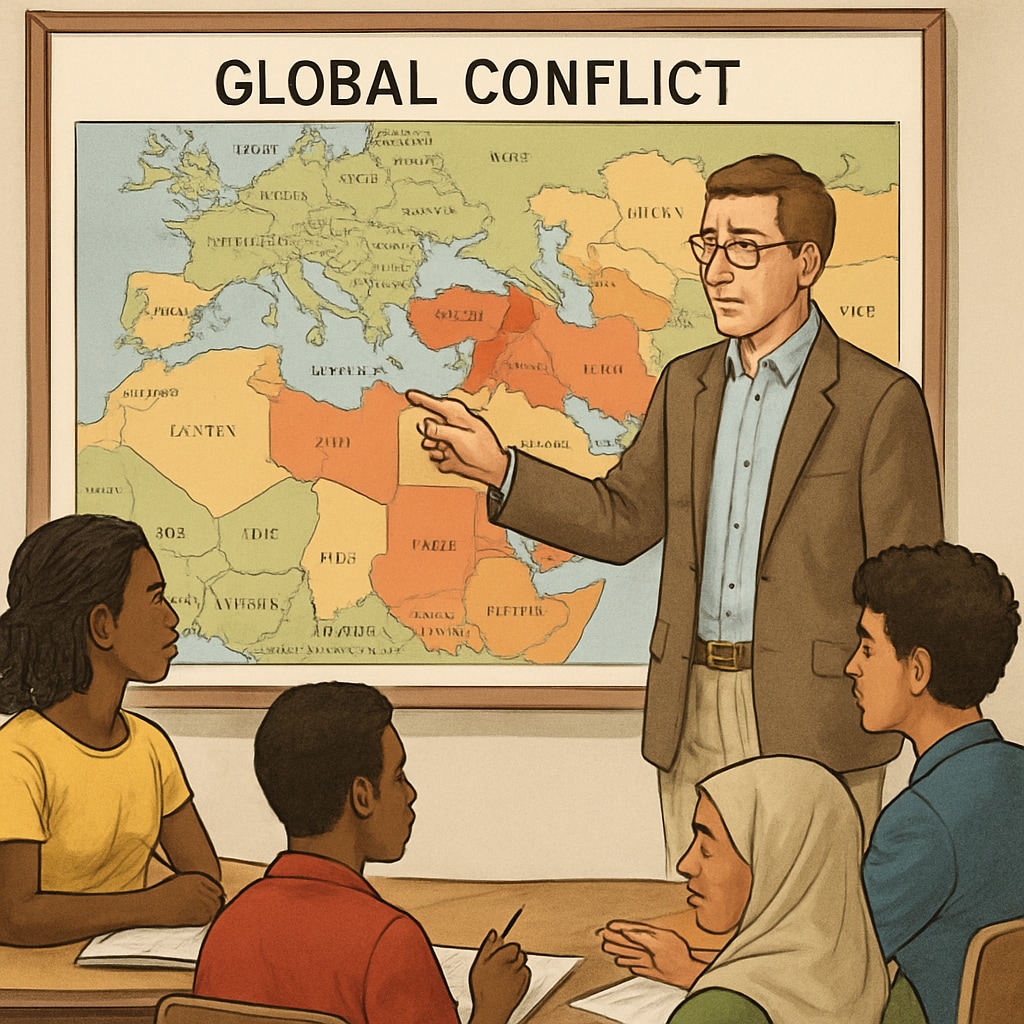The decision by some K12 schools to shift Gaza mourning activities into a broader acknowledgment of global war victims has sparked significant controversy. This approach, often referred to as “universalization” or “de-specialization,” raises critical questions about how schools navigate politically sensitive topics while striving to fulfill their educational mission. The debate centers on whether this strategy represents a thoughtful balancing act or a deliberate evasion of contentious issues.
Universalization: A Strategy for Avoiding Political Controversy?
Schools serve as important spaces for fostering understanding, empathy, and critical thinking. However, when faced with politically charged topics—such as the ongoing conflict in Gaza—educators often find themselves in a difficult position. Universalizing mourning activities, by broadening them to include all global war victims, is seen by some as a way to avoid taking sides in politically sensitive matters. This approach may reduce the risk of alienating students, parents, or communities who hold differing views.
For example, a school organizing a moment of silence for “all war victims around the world” instead of specifically for Gaza might aim to promote inclusivity and impartiality. Yet critics argue that this approach dilutes the importance of addressing specific injustices or crises, especially those currently impacting marginalized groups. As a result, universalization can be perceived as a form of “controversy avoidance” rather than a genuine educational effort.

Balancing Education, Empathy, and Neutrality
Educators face the ongoing challenge of balancing their responsibility to educate students about real-world issues with maintaining neutrality in politically divisive contexts. While neutrality can protect schools from becoming battlegrounds for ideological disputes, it can also limit opportunities for meaningful discussions about justice, conflict, and human rights.
In addition, schools must consider their role in fostering empathy and awareness. Specific tragedies, such as the Gaza conflict, often require focused attention to help students understand the historical and political complexities involved. By shifting focus to a generalized theme of mourning, schools risk oversimplifying or ignoring the specific circumstances that demand deeper exploration.
As part of this balance, educators could employ strategies such as:
- Providing historical and geopolitical context for conflicts like Gaza in age-appropriate ways.
- Encouraging students to think critically about media narratives and different perspectives.
- Creating safe spaces for students to express their thoughts and feelings without fear of judgment.

What Can Schools Learn from the Gaza Mourning Debate?
The controversy surrounding Gaza mourning highlights broader questions about the role of education in addressing sensitive issues. Should schools focus on neutrality to avoid conflict, or should they take a stand to educate students about specific injustices? The answer may lie in finding a middle ground that combines universal values—such as empathy and peace—with the courage to engage with specific, complex realities.
For instance, schools might consider framing discussions around universal principles like human rights and the cost of war, while also incorporating case studies or examples from current events, such as Gaza. By doing so, they can help students develop both a global perspective and an appreciation for the nuances of specific conflicts.
Ultimately, schools have a unique opportunity to shape how young people understand the world around them. While universalization may seem like a safer path, it should not come at the expense of meaningful education and the ability to address real-world challenges.
Readability guidance: Throughout the article, efforts are made to use accessible language and concise sentence structures. Lists and visuals are incorporated to enhance engagement and understanding, while overuse of passive voice is avoided.


